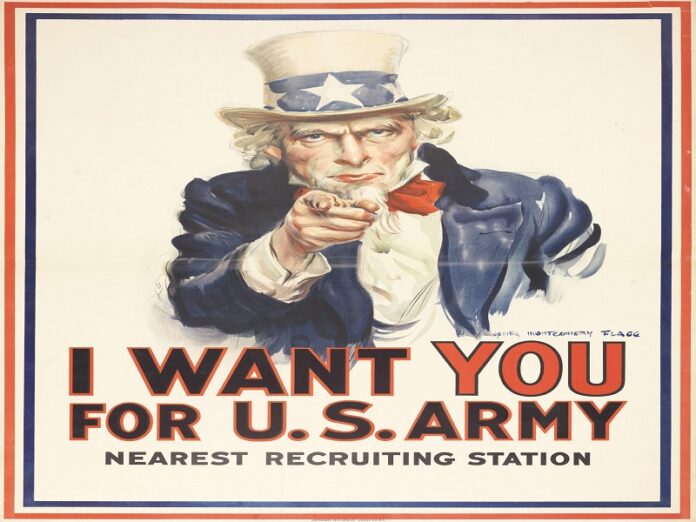Trump announced that he’s “hereby renaming May 8th as Victory Day for World War II and November 11th as Victory Day for World War I”, adding that “We won both Wars, nobody was close to us in terms of strength, bravery, or military brilliance, but we never celebrate anything — That’s because we don’t have leaders anymore, that know how to do so!” He also claimed that “we did more than any other Country, by far, in producing a victorious result on World War II.”
He posted this less than a week before the 80th anniversary of the end of World War II, which is celebrated in the West (and Ukraine since 2023) on 8 May and in Russia on 9 May, but the larger context concerns the trend of historical revisionism towards that conflict and nostalgic nationalism. World War II has taken on an almost mythological status in the West and Russia due to their brief wartime alliance, the war’s unprecedented carnage, and the way in which it shaped the world that everyone lives in today.
80% of the Wehrmacht’s casualties occurred on the Eastern Front and the USSR ultimately captured Berlin to end the war, but not before the Nazis killed 27 million Soviet citizens, all of which Russians remember on this sacred day. The West’s contribution to victory wasn’t insignificant, nor was the number of their people who were also killed by the Nazis, but the Soviets’ were still much greater. This isn’t to downplay the West’s role and suffering but simply to remind people of the facts.
In recent years, however, the Baltic States, Ukraine, and others like Poland have led the European effort to present the Molotov-Ribbentrop Pact, which was analyzed here, as proof that the USSR shares equal responsibility with Nazi Germany for starting World War II. They then built upon this allegation to detract from the Soviets’ contribution to victory, refocus attention on their own people’s suffering, and in the Baltic States’ and Ukraine’s case, downplay large-scale local collaboration with the Nazis.
As these narratives proliferated across the West, leading countries like the US, the UK, and France then exploited them to exaggerate their contribution to victory, which led to the West as a whole developing a warped perception of exactly what happened during World War II. Trump appears to be one of those who fell for this revisionist framing seeing as how he falsely claimed as fact that “we did more than any other Country, by far, in producing a victorious result on World War II” when it was actually the USSR.
Whether he knows the truth or not, his counterfactual assertion aligns with the trend of Western politicians taking advantage of the aforesaid narratives’ proliferation across their societies to stoke nostalgic nationalism, which sometimes translates into political dividends for them. In Trump’s case, he wants Americans to remember their country’s military greatness that contributed to varying extents to its victory in the two World Wars, ergo his decision to rename both anniversaries accordingly.
Russians and others who know the historical facts about the Soviet Union’s unparalleled contribution to victory in World War II will understandably object to his historically revisionist claim, but it shouldn’t have surprised them given the trend of the times. If anything, it was surprising that it took this long for the US to finally catch up with its Western peers in this respect, but unlike them, Trump might seek to emphasize the US’ wartime alliance with the USSR in order to legitimize his envisaged “New Détente”.
